Mechanical hard drives may seem like ancient technology, but they still provide 'good enough' performance in many applications, and easily offer the most storage capacity for the price. We've collected the Best Hard Drive deals here in this constantly updated article. With the Amazon Prime Big Deals Day sales event kicking off, now's a great time to search for the best HDD deals. We're finding plenty of deals at the event, as well as at competing retailers like Newegg and Best Buy, among others, and adding them here.
Best Amazon Prime Day HDD Deals: Quick Links
- Amazon: Save up to 62% on WD HDDs
- Newegg: up to 43% off HDDs
- Best Buy: Up to $100 off HDDs
- Seagate Barracuda 24TB for all-time low $249.99
Best Amazon Prime Day HDD Deals
Best Amazon Prime Day External HDD Deals
HDD Deals: What to Look For
- It is important to be aware of the drive’s form factor, with 3.5” being the most common for the best HDDs (this is the only type we cover). If you need 2.5”, your options are more limited, especially for capacity. Otherwise, your computer case’s ability to house a certain number of 3.5” drives might be your primary limitation.
- The ubiquitous SATA interface is used for desktop PCs, and most motherboards have ample available ports, which makes expansion easy. Most consumer NAS systems also use SATA, with the SAS interface typically reserved for servers and enterprise-class NAS.
- If you're shopping for an HDD, you’re probably looking for the lowest possible cost per terabyte, but you should also consider performance and support for specific applications. There are several potential performance pitfalls to consider when purchasing a new HDD, and the type of recording technology is one of the most crucial factors. Unless you are solely interested in cost and willing to sacrifice performance, we only recommend conventional magnetic recording (CMR) drives and not shingled (SMR), as the latter comes with performance and operational caveats.
- For performance, HDDs are also often gauged by rotations per minute (RPM), which is usually a direct indicator of performance. The RPM value affects both sequential transfers and random access latency. Lower RPM drives tend to be quieter and more efficient, while higher RPM drives have better performance. There are also variable RPM drives that try to achieve the best of both worlds. Power draw, heat, and noise are factors related to performance.
- HDDs also have a certain amount of DRAM to help temporarily cache data. This amount of cache typically scales with the drive's capacity. More cache is, of course, better, but if it comes at the expense of something else — for example, a support service — then you should carefully consider your priorities when making a purchase.
- You will want specialized drives for NAS, surveillance/DVR/NVR, raw storage for media and backups, or for heavier workloads. Certain drives will offer a better value for the money if you just want the extra capacity, or you may require a lower RPM drive to avoid the noise associated with faster drives.

 1 month ago
27
1 month ago
27
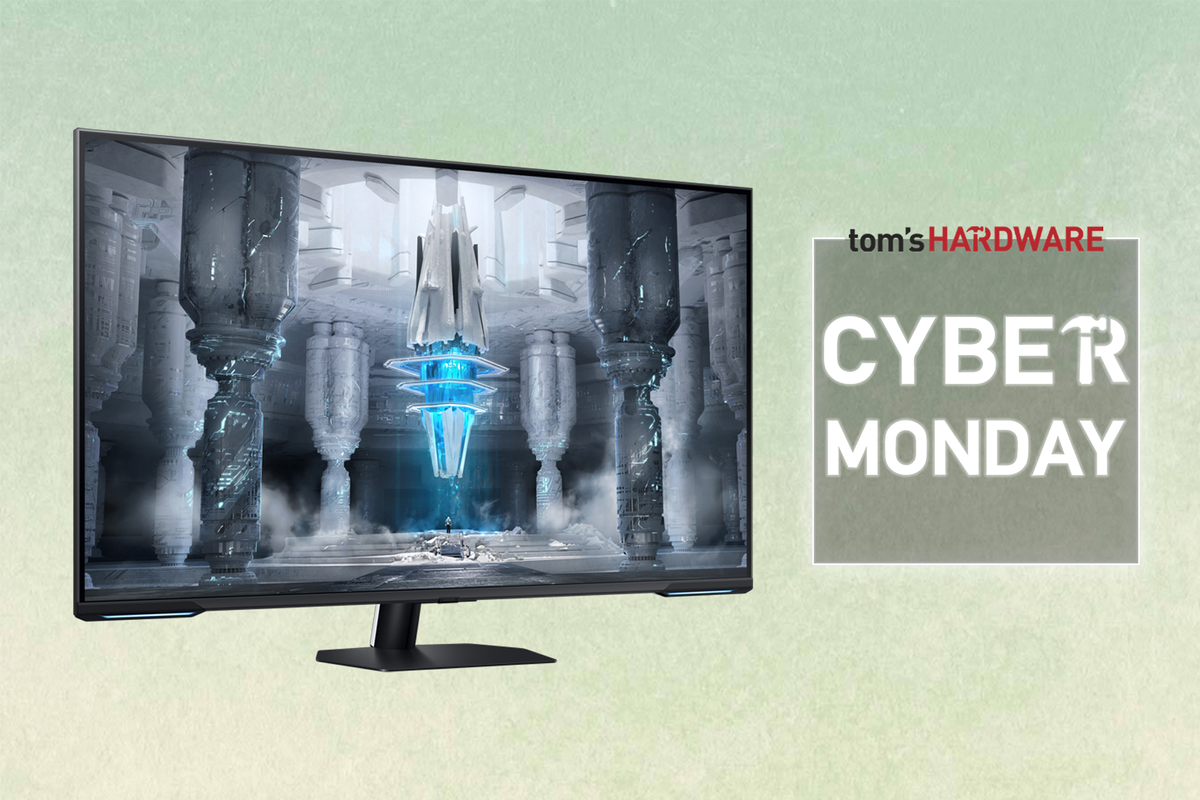
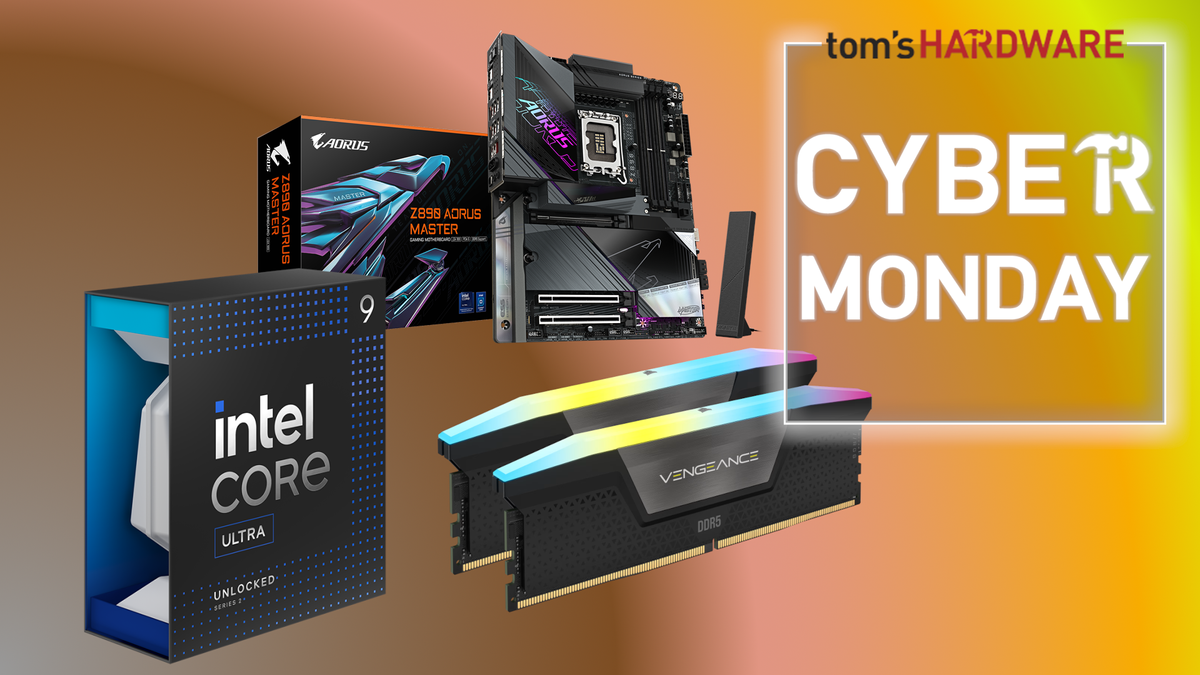

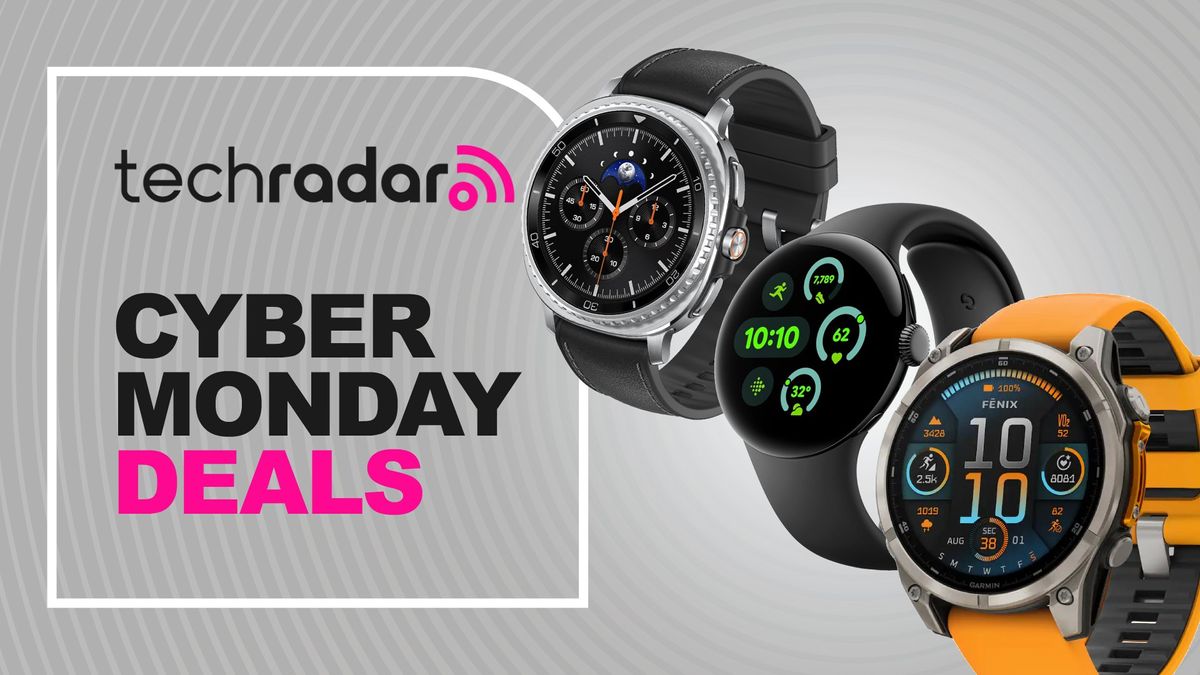
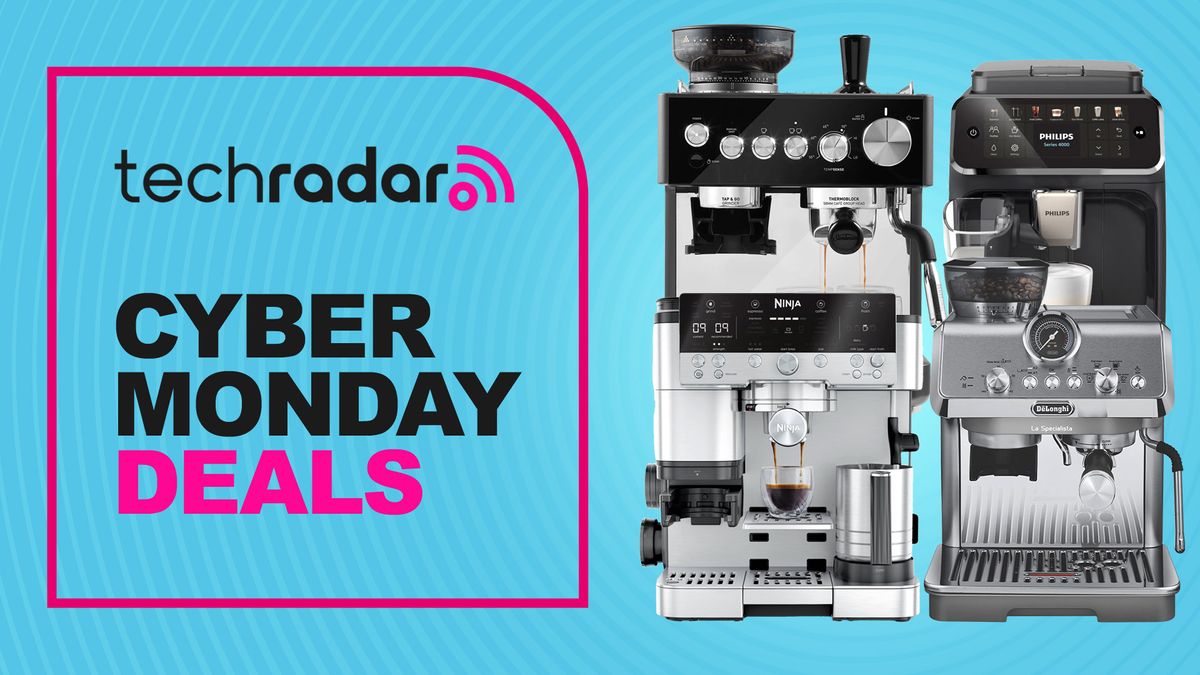
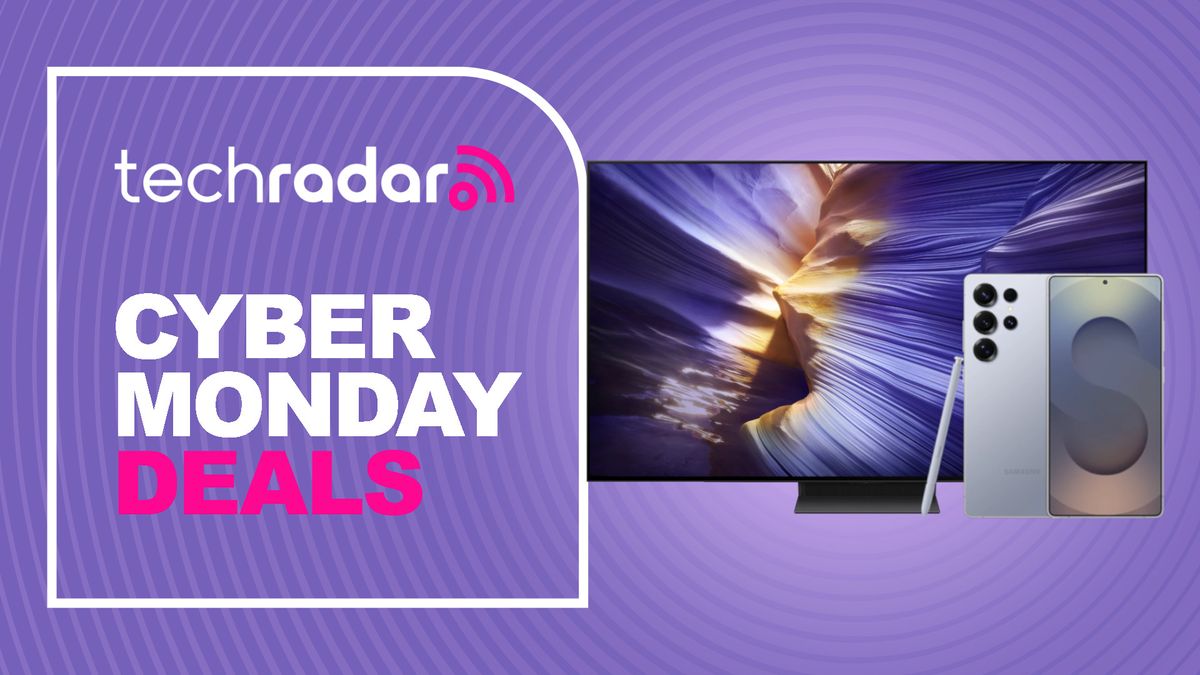

 English (US) ·
English (US) ·